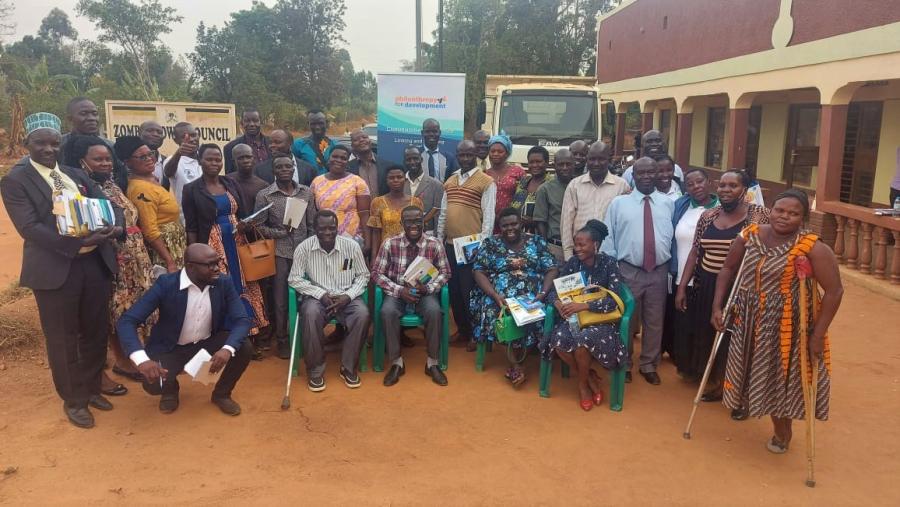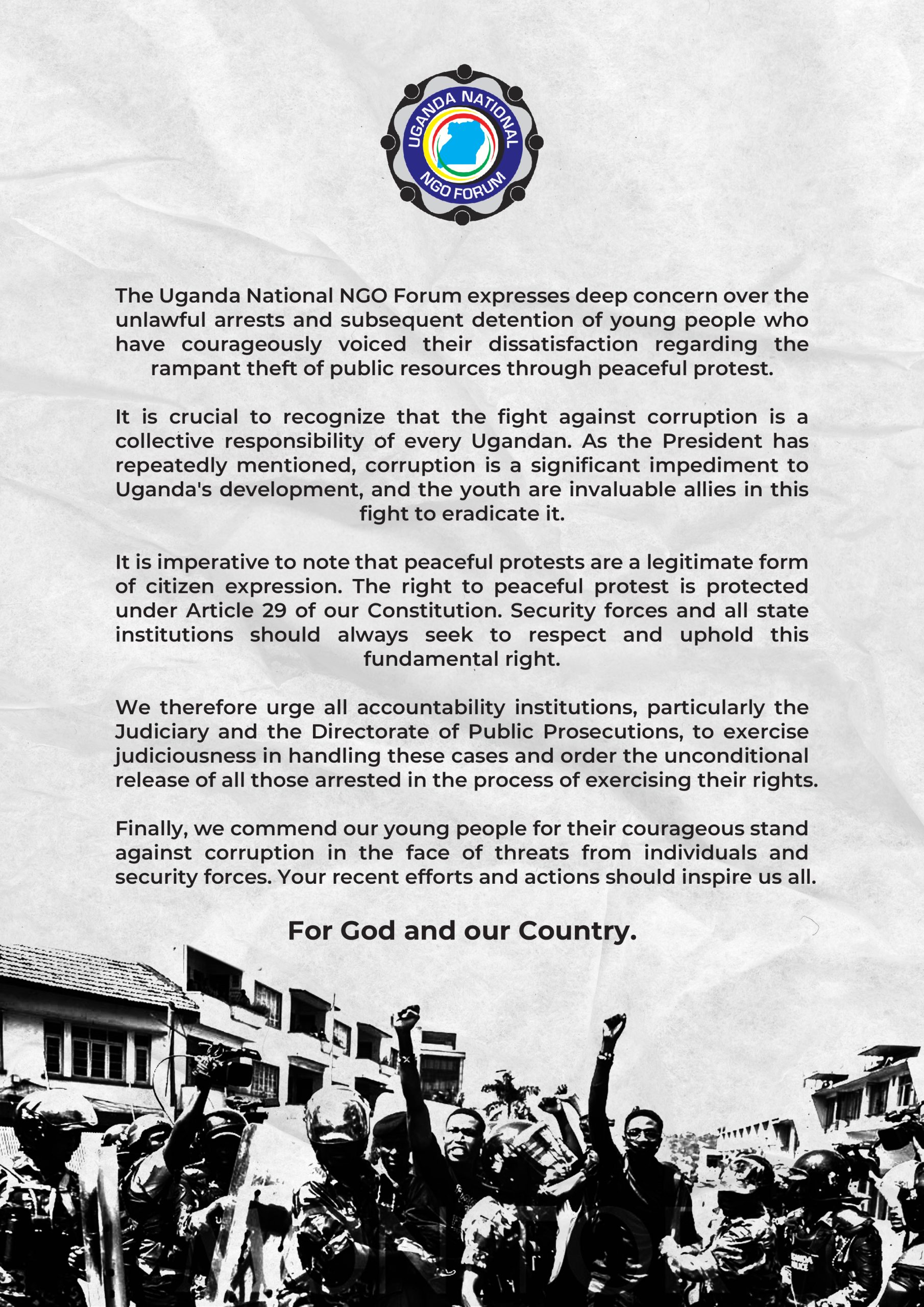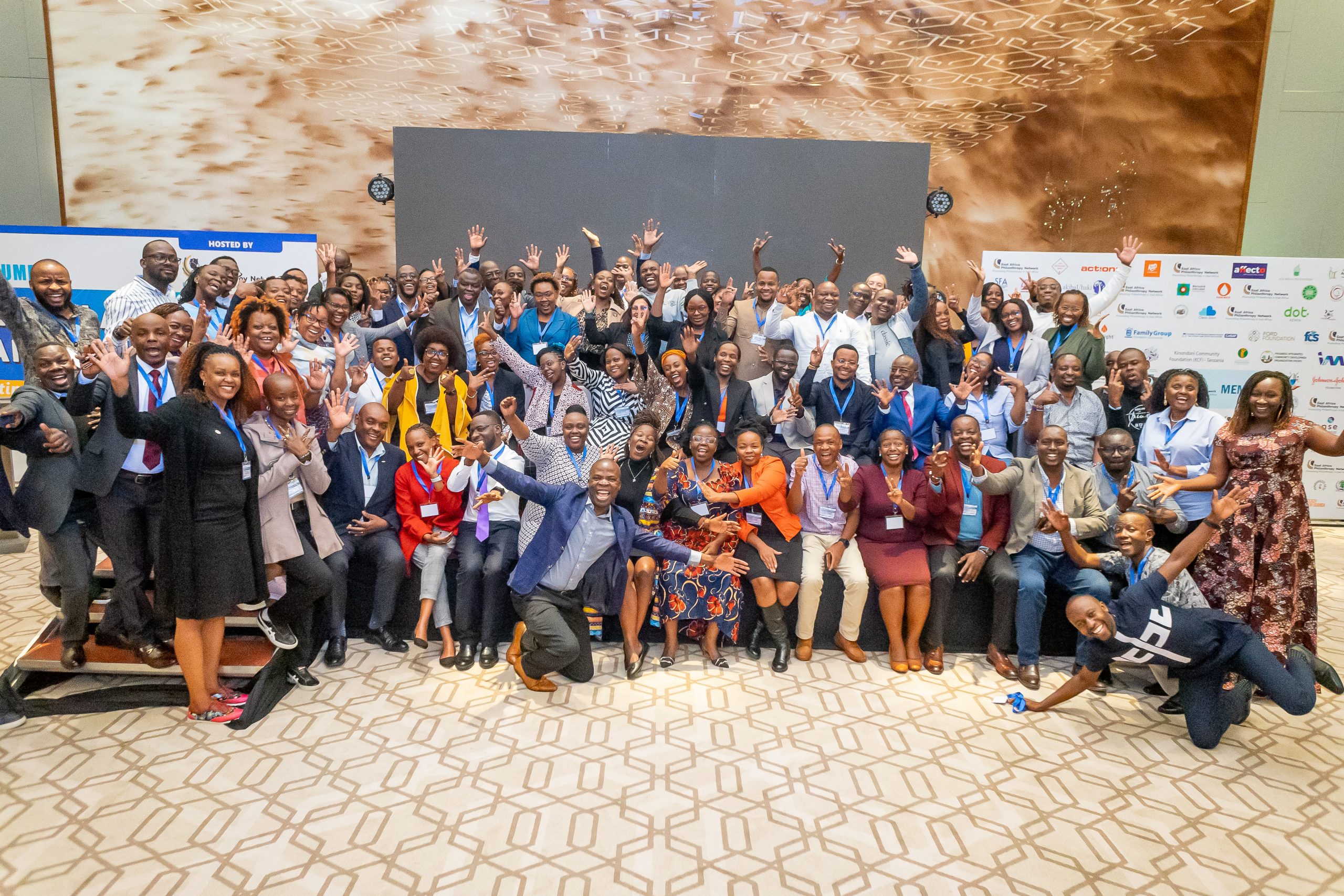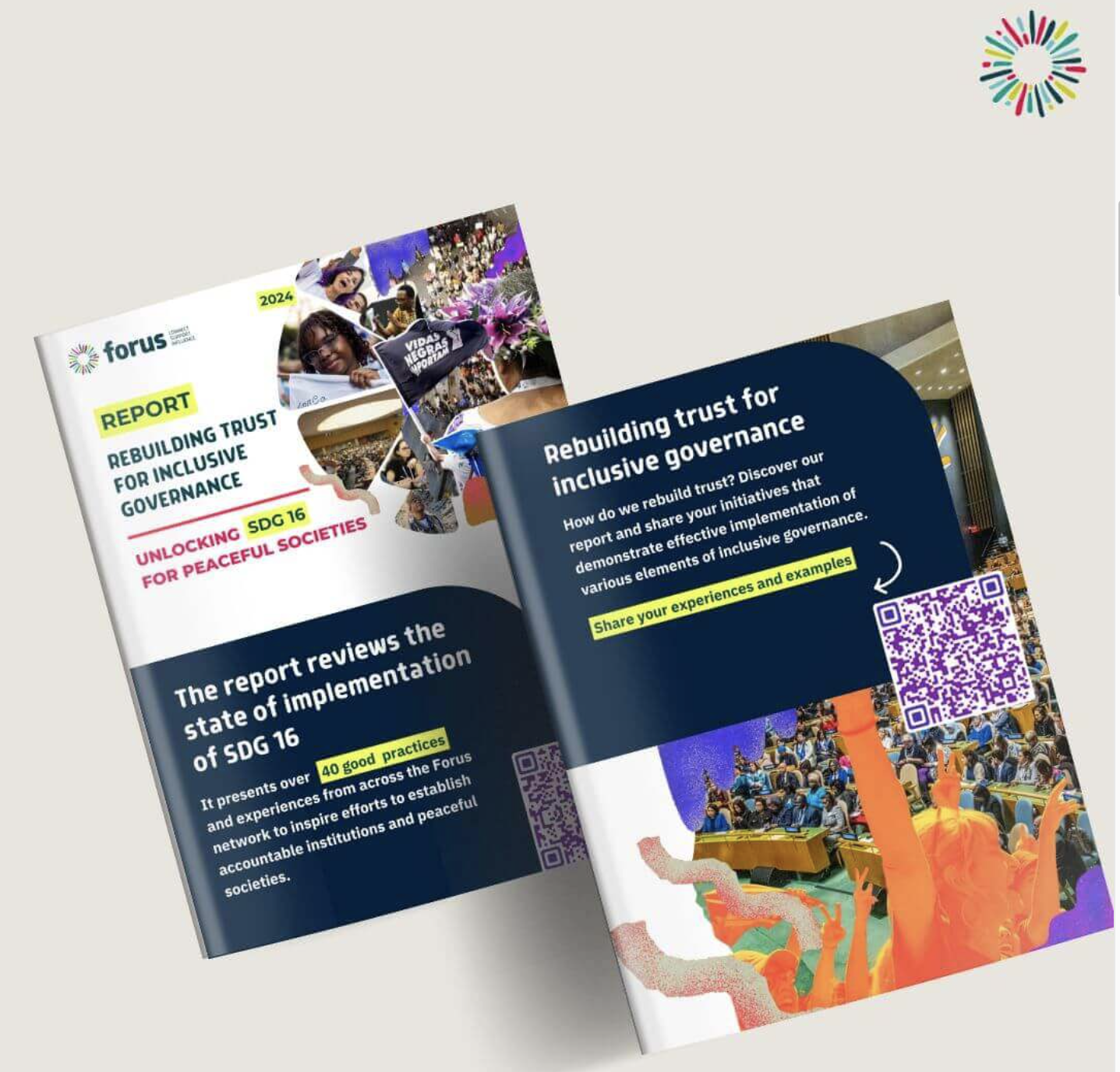
Embrace research to have an effective district council
Local government leaders have been challenged to embrace research if debate and representation in council is to be rich.
This call was made by Hon. Onduma Sulaiman while facilitating an induction session for Zombo District council members on 17th March 2022 at Zombo Town Council Hall that brought together at least 38 leaders including the Zombo RDC, LCV Chairperson, District Executive Committee, Clerk to Council and the councilors.
Mr. Onduma – a former LC III Chairperson (2006-2016) and Arua District Speaker (2016 – 2021) argued that leaders ought to know that they are people’s representatives and so for their engagement in council meetings to be rich, research must be prioritized.
“Seek people’s views and opinions on different matters so that you can ably represent their aspirations in council, regularly interact with the affected communities, interact with key opinion leaders, media and CSOs to regularly gather facts to enrich your debate in committee/council meeting,” he said.
Mr. Onduma appealed to CSO actors and media to regularly collect data on injustices in the community and share/engage with councilors to enhance their debate. The induction session gave councillors an opportunity to understand/appreciate their roles and obligations, the standard rules of procedure, the value of teamwork and also participate in a dummy council meeting that enhanced their understanding of how council meeting runs.
It was emphasized during the induction session that an effective district council starts with effective communication in terms of mobilization and sharing of relevant documents. The councillors were reminded of the “Seven-clear days” that ensure the council is effective i.e. first day is for analytical reading, the next 2 days are for consultations and research, the next three days are for lobbying and caucusing, the seventh day is for members to prepare to speak/debate.
UNNGOF is delighted to have worked with West Nile Regional CSO Network (WECISNET) to organize this induction session supported under our Philanthropy for Development Programme that has set out a bold vision for transforming how development is done by focusing specifically on the recognition and importance of domestic resources in increasing local ownership, unlocking agency and strengthening communities’ ability to claim entitlements from different actors, especially government.
Now that an induction has been done, we are optimistic that ‘Civil Society-Local Government’ engagement will be constructive and therefore WECISNET will work with the communities of practice to strengthen this engagement in West Nile region.



